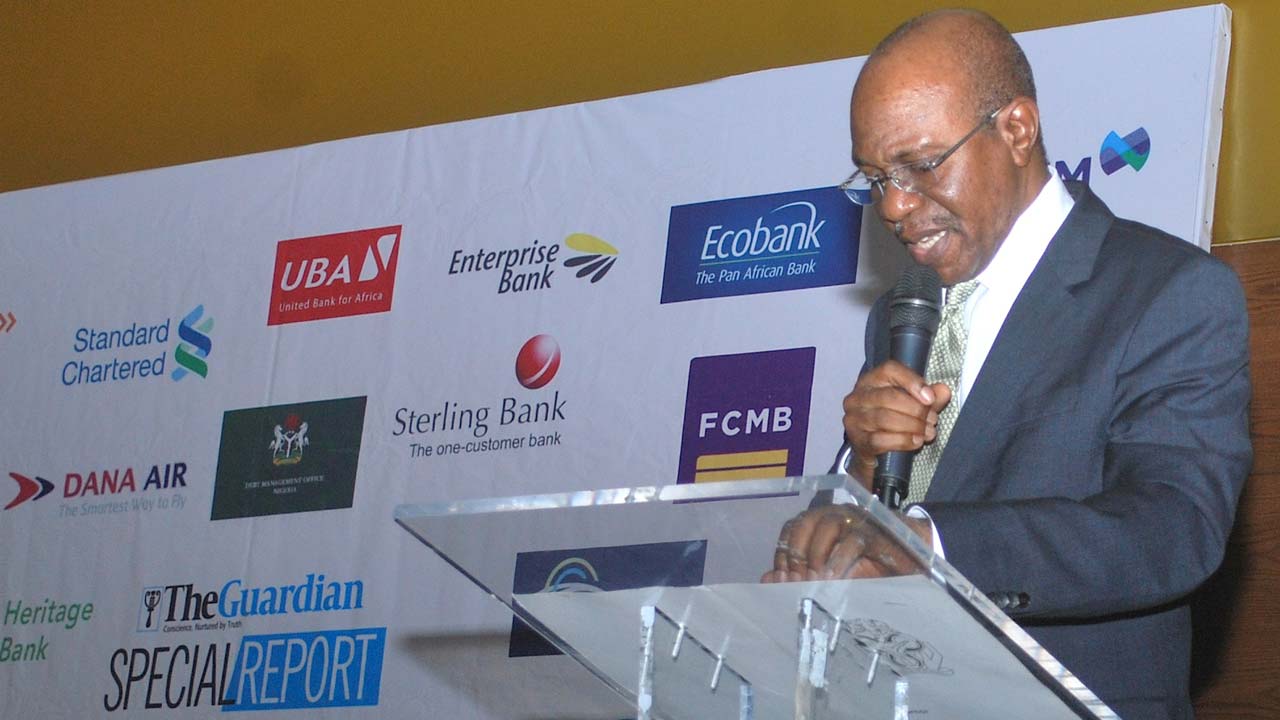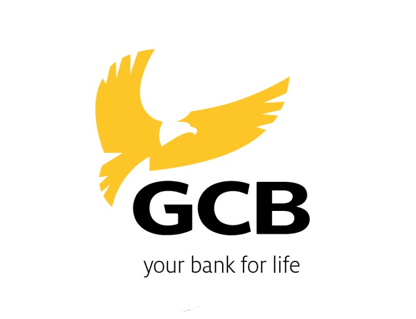The week started last week with the Central Bank of Nigeria (CBN) releasing its Consumer Expectations Survey Report for Q1-2018 which indicated that consumers’ overall outlook worsened in Q1-2018 with the index decreasing to -6.4 points (vs. 1.0 points in Q4-2017 and -29.4 points in Q1-2017).
Respondents attributed the moderation in outlook to worsening economic conditions and family financial situation. However, the consumer outlook for the next quarter and next 12 months were positive at 20.8 and 28.5 points, respectively, attributable to the expected increase in net household income, the anticipated improvement in Nigeria’s economic conditions, and expectations of increased savings in the next 12 months.
Otherwise, the improving consumer expectation suggests positive performance for businesses.
Still last week, the April 2018 presentation of its World Economic Outlook (WEO), the International Monetary Fund (IMF) retained its 2018 GDP projection for Nigeria’s economy at 2.1%. The Fund hinged its forecast primarily on (1) improved oil prices, revenue, and production, and (2) recently introduced foreign exchange measures that contribute to better foreign exchange availability.
While noting the positive feed-through of stronger output growth to business outturn and asset performance, we highlight risk factors including politics and external shocks.
During the week under review, Nigerian equities closed negative, with the ASI shedding 0.28% to 40,814.89 points, following sessions of mixed trading during the week. The Month-to-Date and Year-to-Date returns dipped to -1.66% and 6.72% respectively.
Three of the five major indices – Insurance (-1.17%), Consumer Goods (-0.86%), and Industrial Goods (-0.04%) – closed in the red, following selloffs of HMARKINS (-14.71%), UNILEVER (-13.04%), and JBERGER (-4.86%) stocks. Meanwhile, interests in the shares of SKYEBANK (+12.68%) and MOBIL (+17.65%) led to gains in the Banking (+2.34%) and Oil & Gas (+0.73%) indices.
On activities at the Fixed Income and Money Market, Business Hilights observed that the overnight lending rate rose 83 bps w/w to 3.75%, against last week’s close of 2.92%. Outflows from (1) OMO (NGN500.00 billion) sales, (2) FX sales (USD210 million), and (3) treasury bills auction (NGN56.49 billion), outweighed inflows from (1) matured OMO bills (NGN276.08 billion), and (2) matured treasury bills (NGN116.98 billion).
With maturing OMO bills valued at NGN226.68 billion, and the monthly FAAC disbursements to state and local governments likely to support liquidity in the coming week, industry pundits expect a contraction in the overnight lending rate from this week.
Although activities at the Treasury Bills market were bullish, amid surplus system liquidity, average yield crashed to 11.39%, representing a 241 bps w/w contraction.
Otherwise, investor sentiment was positive across the short (-326 bps), mid (-215 bps), and long (-183 bps) ends of the curve, amid high demand for the 41D (-555bps), 174D (-323 bps) and 209D (-345 bps) bills respectively. Meanwhile, at this week’s primary market auction, NGN5.85 billion, NGN29.25 billion, and NGN23.40 billion of the 91-day, 182-day, and 364-day bills were allotted. The bills were 7.51x oversubscribed, with yields closing lower across the 91-day (10.90%; previously 11.75%), 182-day (12.00%; previously 12.70%), and 364-day (12.08%; previously 13.04%) bills.
Yields are expected to drop in the meantime, supported by expected buoyant system liquidity.
In the Bonds segment within the week under review, trading in the bond market was also bullish, on the back of surplus liquidity, as average yield fell by 64 bps to close at 12.67%.
It would be recalled that penultimate Tuesday, the DMO released the Q2-2018 bond issuance calendar and the bond offer circular for April. In sync with the FGN’s bias for cheap longer dated external debt, the calendar indicates a reduced offer amount of NGN220 billion (vs. NGN280 billion in Q1-2018 and NGN415 billion in Q2-2017) – strengthening the case for lower yields in the short-to-medium term.
On Foreign Exchange activities, the CBN resumed its conventional support of the naira via interventions, as USD210 million was injected into the forex market — allocating USD100 million to the wholesale window, and USD55 million apiece to the SMEs and invisibles segments.
Within the week, the USD/NGN traded flat at NGN363 throughout the week in the parallel market, while it weakened by 0.03% to NGN360.42 in the I&E FX market. Total turnover dipped 8.90% during the week to USD1.07 billion, with bulk of trades still consummated within the NGN360-369/USD band.







